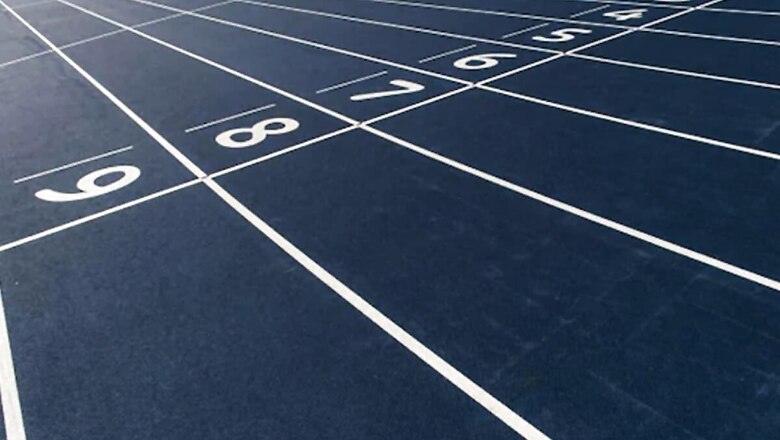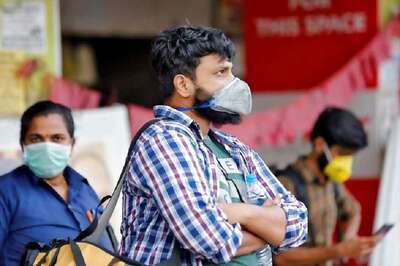
views
Uttar Pradesh’s long distance runner Sunil Vishwakarma’s bid of making it to this year’s Tokyo Olympic Games seems to be crumbling after he tested positive for banned substance, said a national level coach. The ‘A’ sample of the 23-year-old athlete has tested positive for Erythropoietin (EPO), a performance enhancing drug banned by the World Anti Doping Agency (WADA).
A NADA team had collected 10 urine samples during the eighth National Race Walking Championship held last month in Ranchi. Of these, one athlete has failed the dope test.
This is Vishwakarma’s first offence. His ‘B’ sample, however, is yet to be tested.
Athletes could face a four-year ban for the first doping offence if proven guilty during NADA’s anti-doping disciplinary panel hearing.
Each sample taken is kept in two separate bottles – ‘A’ and ‘B’. If the A sample turns positive, athletes have the right to have their ‘B’ samples tested.
The samples were tested at Belgium’s WADA accredited lab. Since Vishwakarma’s ‘A’ sample is positive, he has provisionally been suspended from competing in all national or international events.
Vishwakarma finished first in 20km race in men’s Group B consisting of 18 athletes. He clocked 1 hour 28 minutes 09 seconds, which was far off the Tokyo Olympic qualification time of 1 hour 21 minutes.
In men’s Group A, Haryana’s Sandeep Kumar and Rahul Kumar had qualified for the Tokyo Olympics while in the women’s Group A 20km race, Priyanka Goswami from UP was successful in earning an Olympics quota.
According to Ashok Ahuja, sports medicine expert, EPO is commonly used by endurance athletes to improve performance.
“It is a blood booster. It increases the presence of red blood cells in the body that aid the oxygen carrying capacity of an individual and props up performance in distance events,” Ahuja told IANS.
Ahuja said that this banned drug is also used to treat patients having chronic kidney disease. “It is easily available over the counter, without a doctor’s prescription. One vial would cost between Rs 2,000 and Rs 2,500,” he said.
During the Indian Grand Prix series and national race walking competition held in February NADA had collected as many as 40 samples. Till date two athletes have failed dope tests. Besides Vishwakarma, a top 400 metres female athlete has also tested positive for banned drugs. But their names have not been official disclosed.
Read all the Latest News, Breaking News and Coronavirus News here



















Comments
0 comment